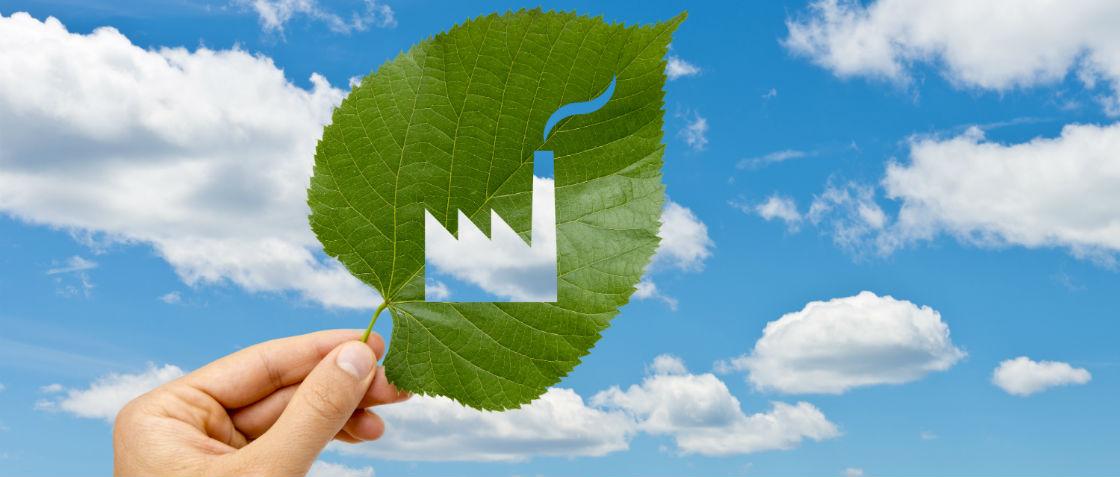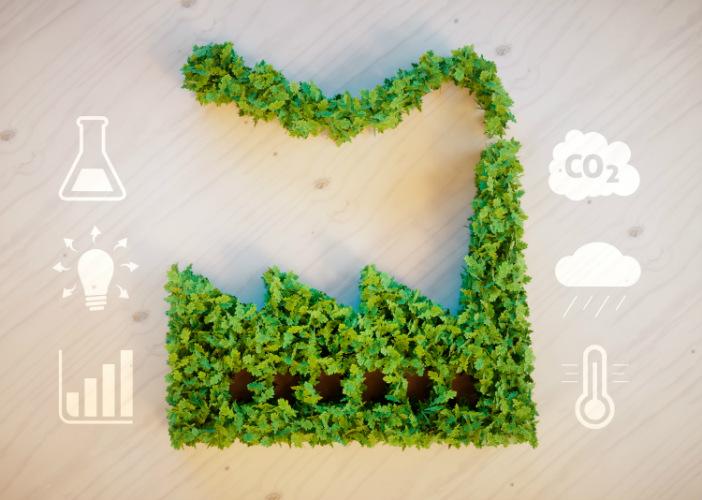BREEAM NOR in our industry
The adventurous growth in construction, offshore and shipbuilding has made us Norwegians rich. But, the medal has a flip side. We are becoming increasingly poorer in natural resources and polluting more and more. How can proper technical insulation reduce the consumption of natural resources and reduce CO2 emissions?
Demand for greener and energy-saving buildings will increase in the years ahead. Businesses have to adapt. The products Isopartner has in its product range are approved for BREEAM projects and do not contain any hazardous substances.
Brominated flame retardants such as Deka-BDE, Okta-BDE, Penta-BDE, HBCDD and TBBPA and which are found in construction products with more than 0.25% are considered hazardous waste. Deka-BDE has also been banned since 2008. The cellular rubber products from Kaimann and Armacell are completely free of illegal brominated flame retardants.
"BREEAM NOR approval", "Passive house", "green buildings" and several other words have now appeared in the industry. Several contractors have set themselves the goal of being the driving force behind such buildings and several players in the industry are following suit. But what does BREEAM NOR mean first and foremost for our industry, namely technical insulation?
BREEAM NOR certifies new buildings, rehabilitations, extensions and a combination of these and requirements are set for scoring. BREEAM NOR classifies the building into 5 groups and thereby makes the building's quality level visible:
- Outstanding
- Excellent
- Very good
- Good
- Pass
The cellular rubber products from Kaimann and Armacell are completely free of illegal brominated flame retardants.
The products Isopartner has in its product range are approved for BREEAM projects and do not contain any hazardous substances.
A group of several organic substances that contain bromine (brominated flame retardants) inhibit the development of fire and are used in cellular rubber insulation. In this way, the desired fire properties are achieved. Brominated flame retardants such as Deka-BDE, Okta-BDE, Penta-BDE, HBCDD and TBBPA and which are found in construction products with more than 0.25% are considered hazardous waste. Deka-BDE has been banned since 2008.

Waste management of cellular rubber insulation
Waste management of insulation products and especially cellular rubber is a topic that is often discussed and there are 3 things that you should think about, when you consider whether cellular rubber is special or residual waste.
BREEAM NOR in the insulation industry
"BREEAM NOR approval", "Passive house", "green buildings" and several other words are used in the insulation industry. Several contractors have set themselves the goal of being the driving force behind such buildings and several players in the industry are following suit. But what does BREEAM NOR mean first and foremost for the insulation industry?


Insulate properly and save the environment
Insulating heating and ventilation pipes reduces energy loss and uses fewer resources to achieve the desired temperature. This in turn means that you save the environment from CO2 emissions. Proper insulation reduces your energy consumption, but also your costs. Being environmentally friendly is therefore also economical.
In connection with the production of cellular rubber products, the manufacturers have placed very great focus on reducing energy consumption. Investing in new machines, optimizing production methods and reusing energy are part of their energy and environmental policy.
This means that our products in connection with production are close by being environmentally neutral. Emissions of CO2 in connection with production have been limited to a minimum.
